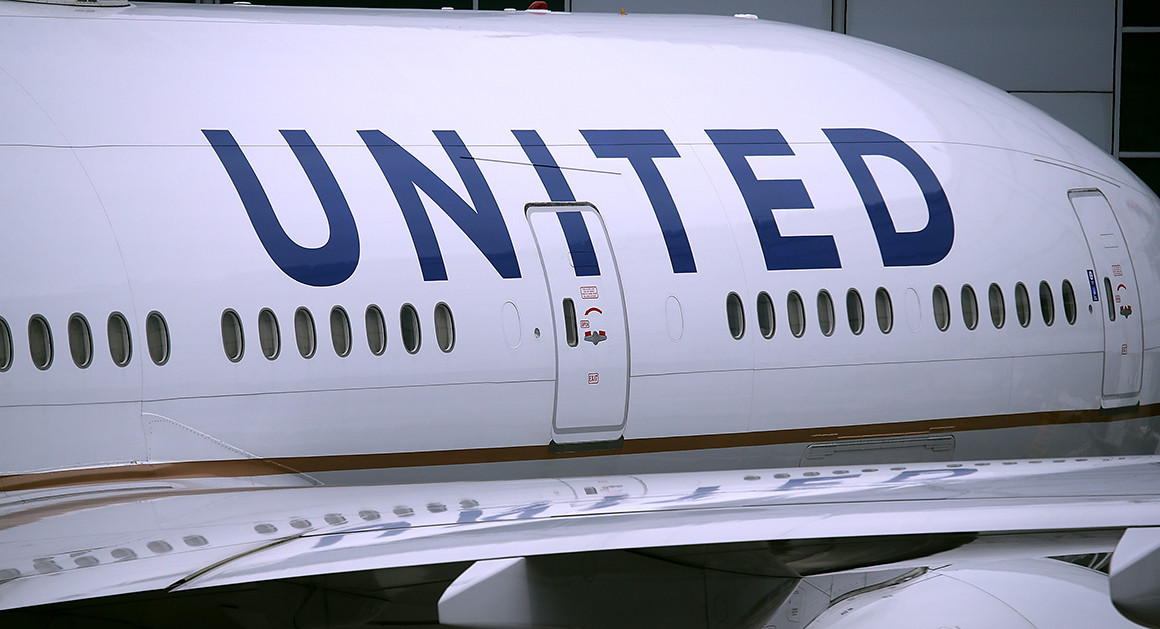U.S. airlines succumb to Beijing’s ‘Orwellian Nonsense’


Speaking of Beijing playing dirty, a push by Beijing to get international airlines to no longer list Taiwan in a way that implied it was a separate country, described as “Orwellian nonsense” by the Trump Administration, seems to have been roundly successful.
- “The U.S. State Department notified China’s embassy in Washington late on Monday of the decision by U.S. airlines to only list certain destinations by city on both Chinese and English websites, and not refer to Taiwan as a jurisdiction,” Reuters reports, citing an unnamed U.S. airline executive.
- Other officials confirmed the caving of U.S. airlines to Beijing’s demands, Reuters says, as the companies feared retribution from China if they did not meet Beijing’s July 25 deadline. The SCMP says “reducing US flights to China and restricting Chinese airspace” were among the options for punishment that Beijing had ready.
- Delta Air Lines, United Airlines, and others will join dozens of other international airlines that have already made a change, including Air Canada, Lufthansa, and British Airways, Reuters reports.
- The White House had previously encouraged airlines to not comply with Beijing’s demands, but evidently airlines did not have confidence that the Trump administration would protect them from Beijing’s retaliation in this case.
Despite not resisting Orwellian nonsense in this case, the Trump administration maintains a remarkably Taiwan-friendly policy overall.
- A number of policies from both the executive and legislative branches in the U.S. have moved forward this year, John Pomfret writes in the Washington Post.
- Pomfret points to a State Department request to have U.S. marines safeguard the de facto American embassy there, the passage of the Taiwan Travel Act that allows America officials to travel freely to Taiwan, and even closer military relations following years of arms trading.
- A counterpoint from Bonnie Glaser, a D.C.-based expert in Asia-Pacific security: “Except the request to have marines guard the facility was made years ago, long before Trump was elected. And the marines likely won’t wear uniforms. US is unlikely to sell F-35s. And Taiwan won’t increase defense spending to anywhere near 4%.”
- But “Taiwan is a part of” the “Indo-Pacific strategy” that the Trump administration has been working on over the past year, former Defense Secretary Ash Carter said today. Carter said that he has been involved in formulating the strategy, and described it as “an inclusive network of countries pursuing security in a way that is based upon rules and principle, and not coercion.”






